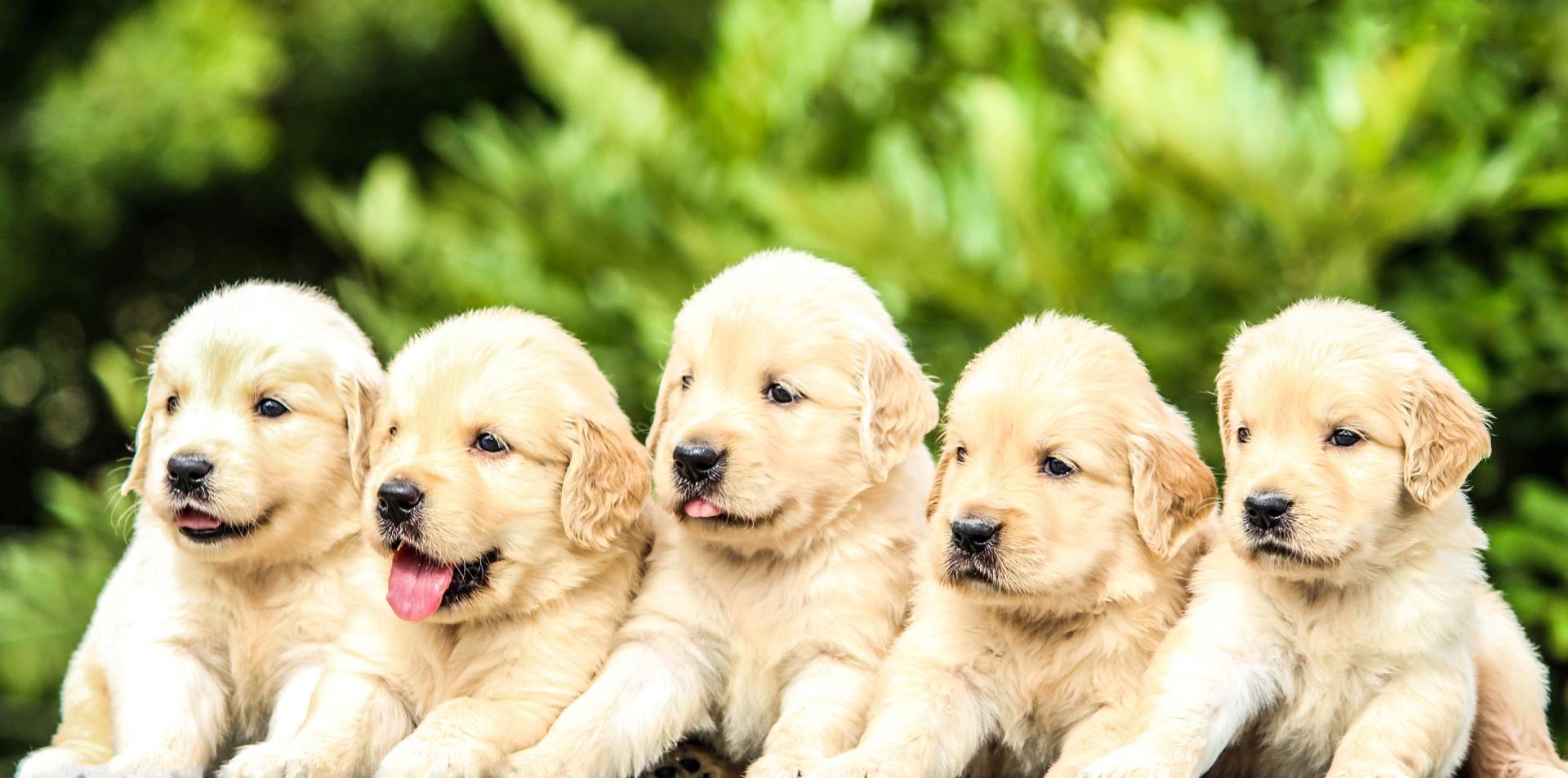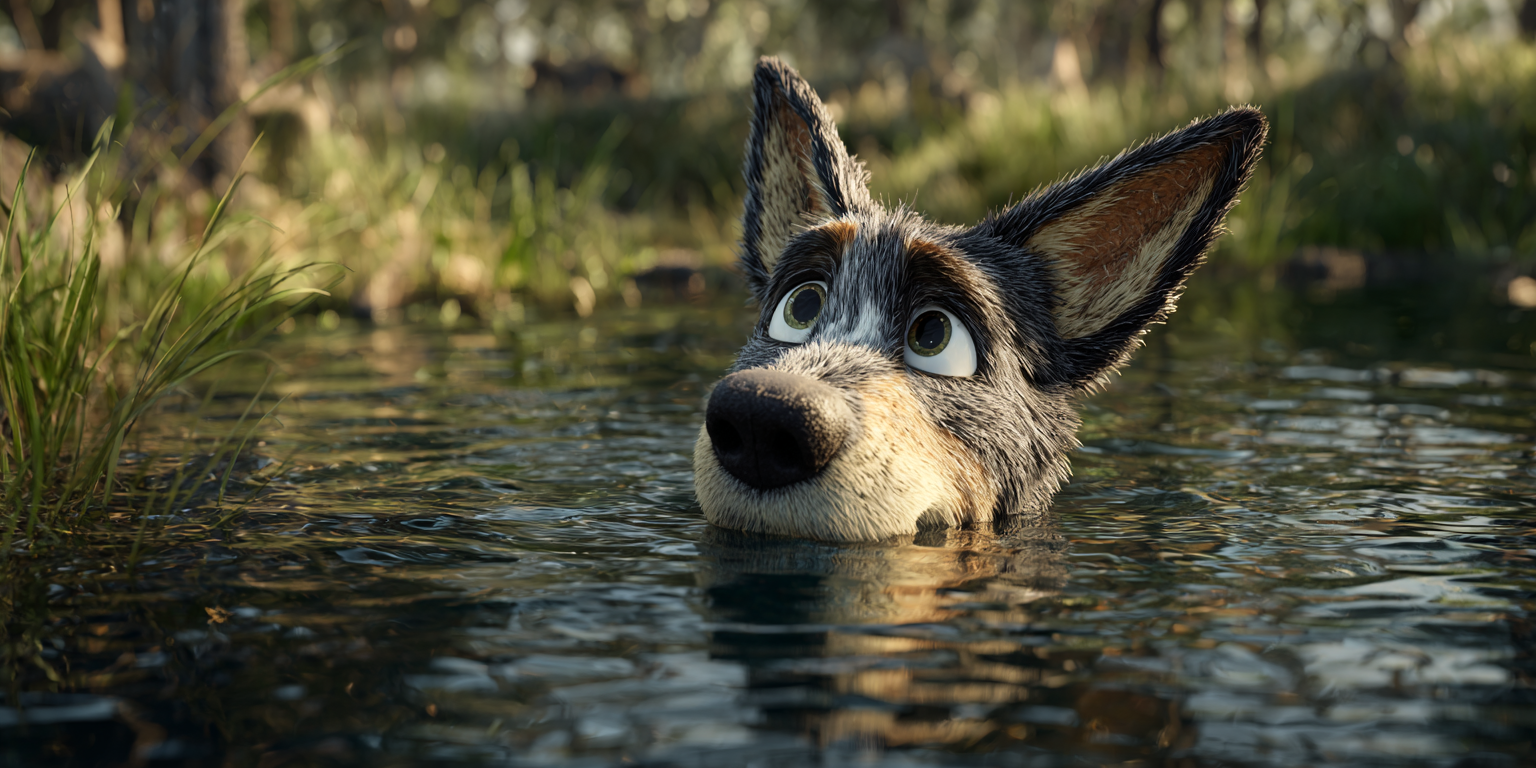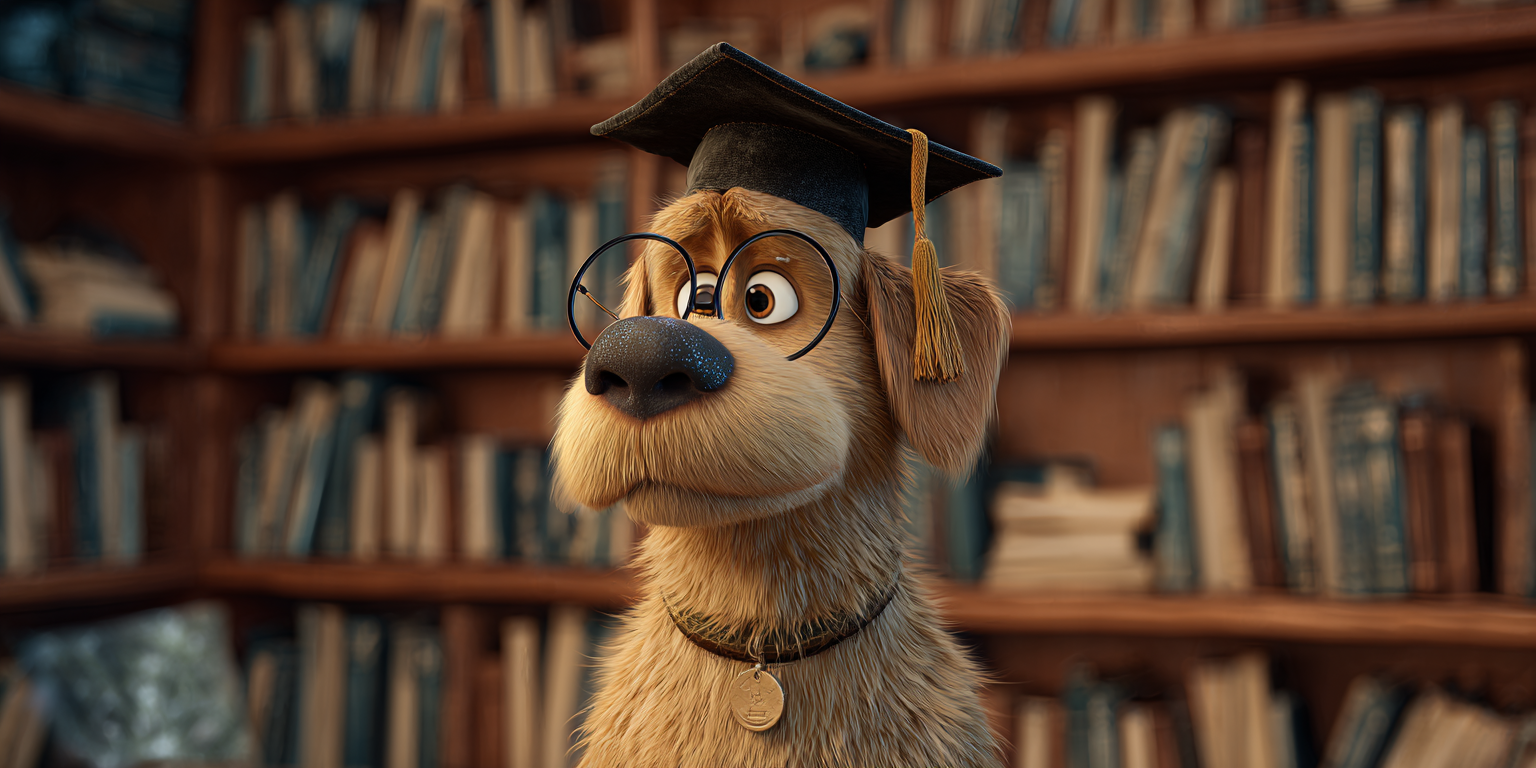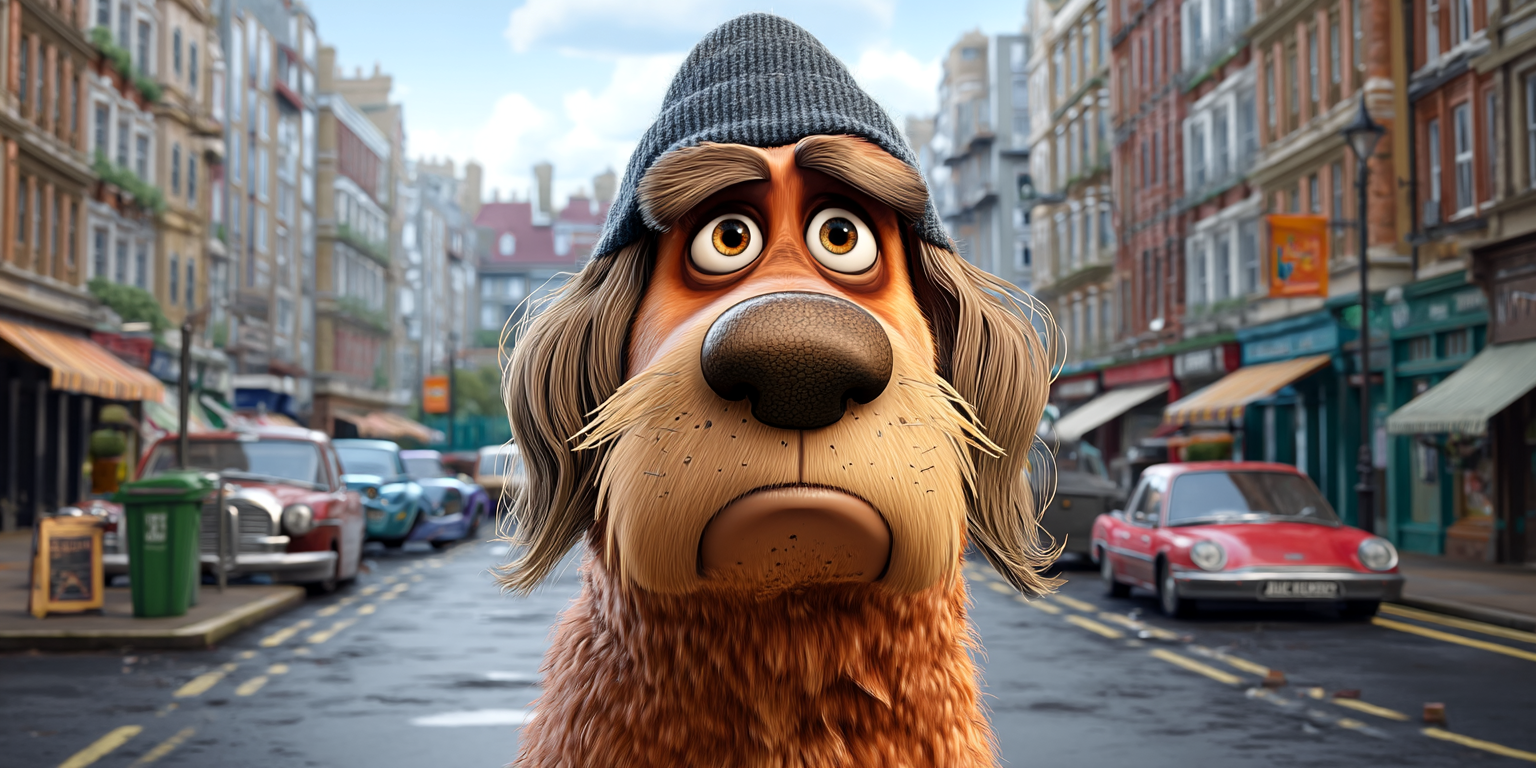Tips for New Puppy Owners - The 7 Essential Ones
7 Essential Tips for New Puppy Owners.
You’ve arrived home after picking up your new little treasure.
He looks up at you with those big ‘puppy’ eyes and you melt.
But, what now?
To give your puppy the best start in life and allow him to grow into a well balanced adult dog you need to do a few things.
Early Nurturing.
Veterinarians recommend puppies be kept with their mothers until they are eight weeks old. This gives the mother a chance to feed, love and provide the necessary affection in those important early weeks.
They will be busy adapting to their environment, learning social skills from their siblings and generally just learning how to play.
The interaction with the other puppies in the litter helps them develop tolerance and acceptance skills which will translate when they are exposed to you and your family.
All these skills will need to be further nurtured when they arrive at their ‘new’ home.
Here’s a few ideas which will help give your new pooch a great start.
1. Welcome Home
Your new puppy has just arrived home, everything is exciting, and you are having a great time getting to know each other.
While you may not actually realize, this interaction you are having with your puppy is teaching him vital social skills he will use as he grows. He will be feeling vulnerable and insecure so showing love and affection in the early period is vital.
2. Find a nice comfortable Crate.
A crate is an important place for your dog to feel comfortable.
It’s where they can go when no one is around to supervise them. A place of refuge, security and safety.
It should never be used as a place of punishment.
Using a crate is like having a playpen for a toddler.
Ensure you start crate training early. This helps make the puppy feel comfortable when it is necessary to use the crate for transporting, ensuring your dog’s safety or giving it somewhere to go when you have visitors in your home.
Size is important when choosing a crate. If it’s too big they will have enough room to soil in one corner and sleep in another. If it’s too small they may feel cramped and uncomfortable.
3. Reduce Protective Behavior
Favorite people, favorite toys and their food bowl are thing your puppy can become very protective over.
If you see them developing this behavior, use a reward, or treats, to associate the objects with good things. Hold a treat out in front of you as you approach their favourite toy or food bowl.
Always make sure to teach children to be cautious when approaching your puppy’s food bowl or favorite toy.
4. No Biting!
Teaching your puppy not to bite is one of the most important early lessons.
Biting and other behavioral problems are the main reason animals are returned to shelters or put down.
Start early with your training. This is one of the most essential tips for new puppy owners.
If your dog bites, say “No!” and hold his mouth closed for about a minute.

5. Potty Training.
Dogs don’t process information the way humans do.
It’s important to set realistic expectations and be calm in your responses. Spend as much time as you can with your puppy and when they poop in the right place reward and praise them.
Never punish them for any ‘accidents’.
It’s your job to teach them.
They are trying to do their best to please you.
6. Develop Social Skills
A great way to help your growing puppy develop good social skills is to carry some treats around with you that you can give to other people. They, in turn, can give them to your puppy which helps them associate good things with good actions.
This also helps reduce aggression.
The first 16 weeks of your puppy’s life is when they are learning the most.
It’s a great opportunity to get your puppy used to people as well as other animals.
7. Provide Plenty of Exercise
Dogs love being outdoors. They love running around.
While they are puppies give them as much exercise outdoors as you can. It is great for their physical health and new experiences help stimulate their minds.
Happy, healthy dogs which get plenty of exercise are less likely to become aggressive and display other inappropriate behavior.
Your dog needs to learn his place.
It’s up to you to teach them with love, but with consistency and a firm hand.
Introduce as many as you can of these tips for new puppy owners and you will be rewarded by a lifetime of love and the type of unfiltered devotion only a dog can give.




